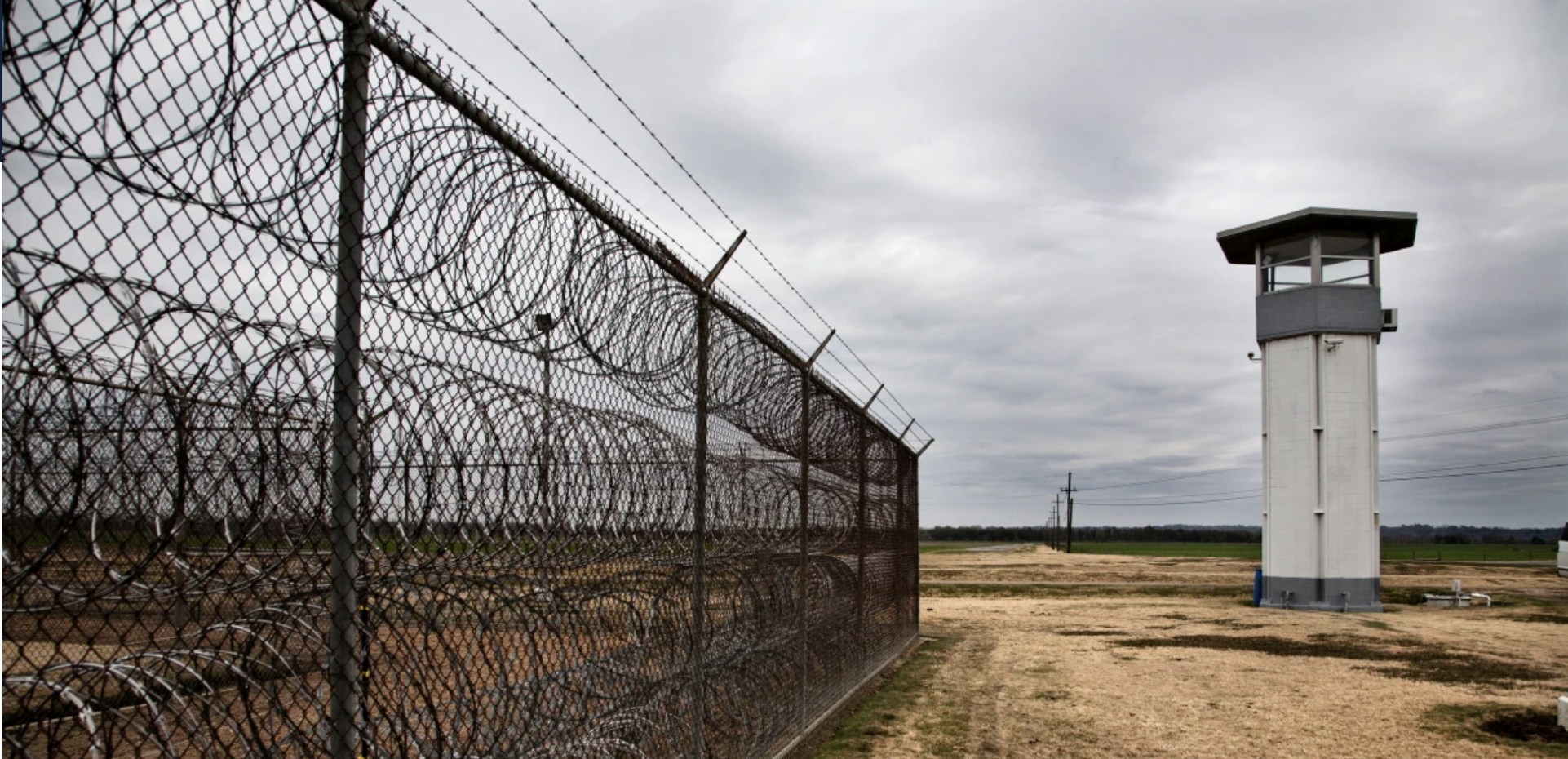The way that we view others influences the way that we view ourselves, and vice versa. Social psychologists have long researched the role of social identity in our relationships with others and how this impacts social outcomes. However, learning that the United States incarcerates more of its citizens than any other country on the planet shifted the perspective I had on the world around me. Beyond this learning that the likelihood that minoritized racial and ethnic groups, especially Black men and women, are to be incarcerated in their lifetime was deeply concerning to me. From being an undergraduate to a graduate student, I have been passionate about understanding why, and how, certain groups are targeted by the criminal justice system. Particularly, I am dedicated to helping cultivate research illuminating the social psychological mechanisms influencing these drastic outcomes. While social psychologists have studied social identity on the basis of race and gender, I wanted to contribute to the study of social identity by investigating its role in the contexts of criminal justice.
As a PhD student in the Psychology Department at Tulane University a critical element to my tenure as a graduate student is learning to conduct research. As such, we are pushed to conduct research that is novel and sheds light on the social world that we all navigate. My goal was not merely to gain additional research experience, but rather to use my skills as a scholar to put forth scientific findings that might help to achieve social change in our criminal justice system. I wanted to add the unique perspective as a social psychologist to understanding how our treatment of others is related to how we personally identify. As such, I wanted to understand how having a shared identity with a currently incarcerated person impacts the treatment of that person and what we are willing to support on their behalf.
My academic advisor and I designed a study that tested for the role of shared identity on the dehumanization of currently incarcerated men. We asked whether racial group identification would impact the extent to which Black and White currently incarcerated people are dehumanized for violent offenses and the extent to which participants would support restorative justice and rehabilitation for currently incarcerated people. We randomly assigned White participants to one of two experimental conditions. Participants either read about a fictious currently incarcerated person who is White or Black. Both incarcerated people were described as committing a violent offense (i.e., physical assault) and the harm to the victim (e.g., lacerations, and a concussion) and the consequences (e.g., sentencing and a fine) applied to offenders were held constant. We found partial support for our predictions, such that participants dehumanized currently incarcerated people, but that participants dehumanized the White incarcerated person more than the Black incarcerated person. Overall, participants reported low support for restorative justice and rehabilitation for both incarcerated people.

This experience allowed me to the opportunity to drill down into one pathway that impacts the outcomes of our criminal justice system. As an emerging scholar being able to take the research that I read and apply it to directly study a topic that is both important and a passion of mine was exciting. I was able to experience from and learn how to think more critically and in a more nuanced way from not fully supporting my own predictions. Specifically, I learned more about how social identity in criminal justice context is intimately tied to the social context. As such, understanding not just social identity as a concept but also the contexts that influence how it will impact criminal justice outcomes proved to be a challenge.

Despite challenges that presented themselves during this experience, I think that a significant accomplishment during my experience is showing that the treatment of currently incarcerated people is more than just prejudice. In my study I show that regardless of the racial identity of a currently incarcerated person they are dehumanized. Participants in my study denied Black and White currently incarcerated people human characteristics. These characteristics that were denied are commonly believed to make a person a full human being and what separates us from animals. The dehumanization of currently incarcerated men was also related to lower support for restorative justice and rehabilitation. Restorative justice and rehabilitation policies are often called for to alleviate the harsh treatment and oppression of those in prison and those who are formerly incarcerated. However, the results of my study argues that it is important to consider the role of dehumanization towards incarcerated people in changing the minds of everyday people to achieve restorative justice and rehabilitation for currently and formerly incarcerated people.

This experience adds important scientific evidence for changemakers to consider when advocating for criminal justice and rehabilitation for currently incarcerated people. For instance, this study highlights that importance of acknowledging the dehumanization of currently incarcerated people and how this relates to the lack of support for policies and justice intended to benefit those currently incarcerated. A main learning experience was learning more about how our identities shape criminal justice outcomes. By understanding the role of social identification, my study provided empirical evidence for a redressing the dehumanization of currently incarcerated people which can then potentially positively impact garnering support for policies that are aimed at reducing harm and disenfranchisement of incarcerated people.

